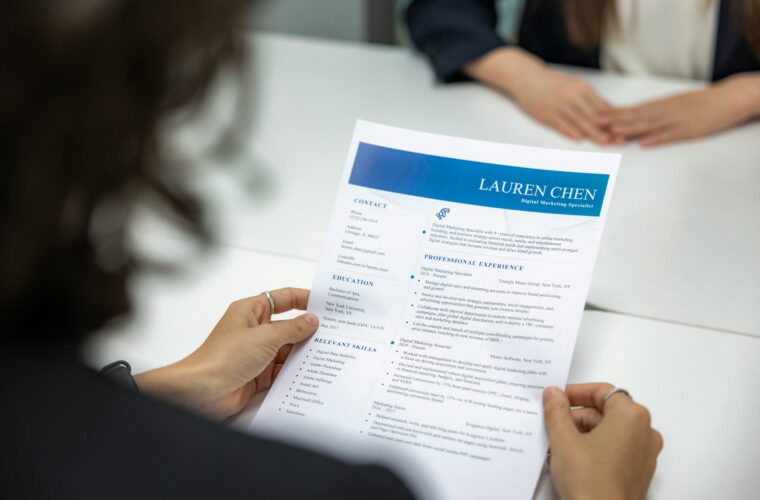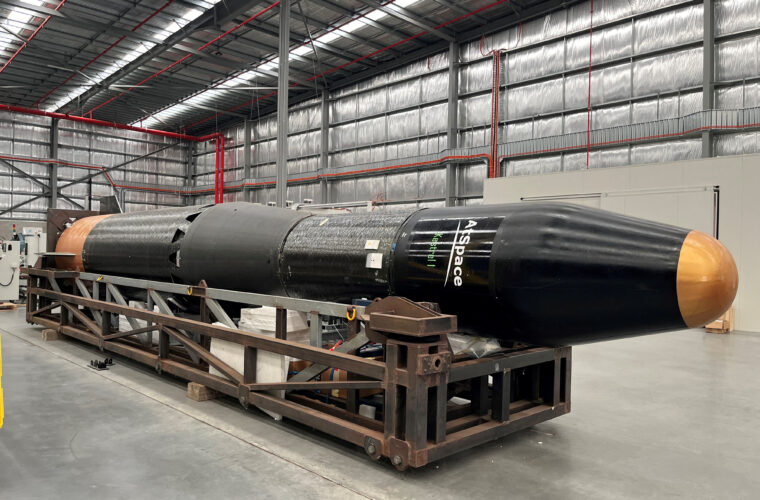The community of people worldwide with a passion for audio and music is diverse and cuts across cultures and borders. With the pandemic, playing music together was a joy taken away from millions of people. During the course of 2020, we have seen no shortage of zoom performances, including professional performances by famous artists and bands, as if “playing from home” was an easy and viable option. Audio experts know that most of those performances were produced with separate recordings and edited together in post. Why?
The main obstacle is called “latency” – without even mentioning sound quality over the internet. Latency is the delay that occurs from the moment a sound is produced to the moment the sound is received on the other end (of the remote connection.) Playing music together on Zoom is not what we have been led to believe, and professionals of music as well as music educators who had to switch to online teaching are painfully aware of this.
Elk Audio is an audio startup based in Stockholm, fertile ground for companies in audio innovation including Spotify, SoundCloud, and Amplify. Stefano Zambon, CTO at Elk, talks about their latest product, Aloha, which promises to make remote music playing a reality – without compromises on quality, and for a small price.
COVID-19 changed the game for many of us, and it has been damaging to the development of some startups – depending on their niche and maturity in the market. Yet, it sounds like the pandemic somehow gave a chance to you and your team to show the usefulness of your latest product, Aloha. How so?
Yes, COVID was a big game changer for us. Before the pandemic hit, our focus was in the musical instrument market. Our core product was Elk Audio OS, a software platform that helps hardware manufacturers make advanced digital audio instruments. With the pandemic, this business was severely impacted, especially considering that musicians don’t have much money to spend on new instruments these days.
At the same time, we were working on a new product, called Aloha. Aloha is a service that allows musicians to play together remotely, as if they were in the same room. We had been experimenting with audio networking solutions with Ericsson and telecom companies since early 2019, and our plan was to have something ready for the full 5G rollout in the next few years. Everything changed in March 2020 when the world entered the lockdown!
We asked ourselves, “what can we do to help musicians play together during these times?” We quickly reorganized our operations, trying to squeeze in a few months what was a multi-year plan. In May 2020, we had a first prototype being tested with an inexpensive hardware, a simple desktop application. The feedback was good, and we started receiving expressions of interest from independent musicians and especially from music schools. Music education faced a tough challenge this year! Our system proved useful for both remote lessons and rehearsals.
We are now in the second phase of beta-testing, with a new hardware revision and with a system that is much easier to use and configure by the users.
Developing this system in such a short time has been demanding on the whole team, but it was very nice to hear that thanks to our technology some people were able to play together for the first time in months.

What sets Aloha apart from Skype or Zoom, for remote music playing?
Traditional audio/video chat applications such as Skype or Zoom are designed to transmit speech (not music) and they introduce a significant amount of latency, i.e. a delay from the moment a sound is produced and the moment it is received on the other end. In order to be able to play music simultaneously, this delay should be no more than 20/30 milliseconds, otherwise the perception of the “real time” performance becomes unnatural to the musicians and this makes it hard to play in sync. Skype and similar applications have delays that are typically 10 times more than this threshold.
With Aloha, the sound quality is much better and the latency is incredibly lower thanks to a dedicated hardware running Elk. You just need to plug your instrument cables and headphones, and a network cable to your router. Then, you can control everything from a very simple web application that makes the whole process not more complicated than starting a Skype call. And it also includes a video chat.
When will Aloha be available on the market and where can people get it?
We are now distributing a limited number of hardware units to the people that signed up for the beta process. An industrial product will be available in the market for everyone in Q2-Q3 2021 and we are aiming to stay in the price range of consumer audio interfaces. The Aloha Hardware unit will also allow you to record and produce music by connecting it to a computer or mobile device.
You decided to release the Elk Audio OS as open source. What guided this decision?
Elk is a tool for music and audio software developers. These days, having access to the source code is almost a necessity for such products, because developers want to have the power to customize every detail to their needs. We are getting a lot of valuable feedback from our community – bug reports, improvements, sample projects, etc. and it is thus a win-win situation for everyone.
Elk is based in Stockholm, in a very lively environment for audio innovation. How did this impact your own startup and business?
Being in a city like Stockholm really made a huge difference for us. Besides the big players like Spotify, there is a vast network of smaller audio companies, music tech investors, recording studios, etc. that is like a natural habitat for what we do. Stockholm is also a very international city and we were lucky to get access to young and exceptionally brilliant talent coming from the technical and musical universities in town. We are proud to say that some of our current team members joined us as master students, and are still with us.
To learn more about Elk Audio OS, you can visit: https://elk.audio/
To learn more about Aloha: https://alohabyelk.com/
Aloha wishes Happy Holidays with a live rendition of Adeste Fideles a cappella recorded in three different locations in real time: https://www.youtube.com/watch?v=BaGzkrzAOPU



